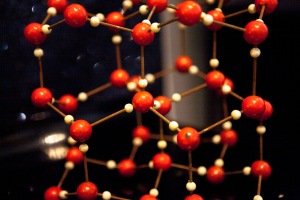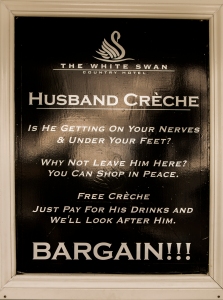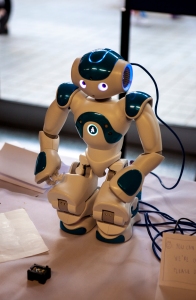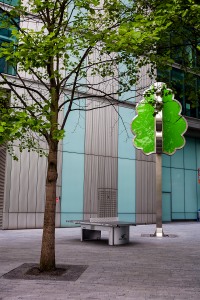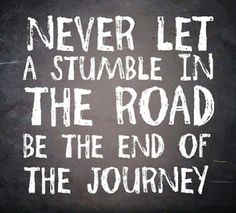
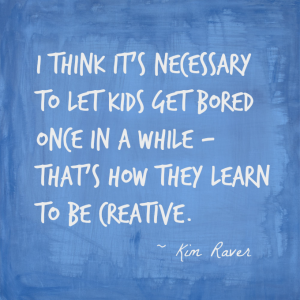
In my experience, it’s the small tributaries of the river, the overlooked pockets, and the unexpected that offer the most value. Whether you’re a traveller, a student, an explorer, a researcher, or an investigator, what is fresh, what’s genuine and what is original, is the stuff outside the mainstream and off the beaten track. Another aid is in joining up our unexpected insights from one ‘tributary’ with those of another. And by holding two opposing ideas or concepts in your head (as a traveller, reflecting on what you see through local values and through your own cultural values is an example of this). In some ways, stating all this is blindingly obvious, but in others, it’s revealing a pathway to the sublime & subtle.
We make progress as a species, as a culture and as individuals, by pushing our buttons. By pushing our boundaries, making improvements and gathering new insights. So far, we’ve done this faster than any other species, except perhaps viruses. And it’s been high-growth-off-a-high-base too.
Is human love more advanced than the love shown in other species? It’s hard for us to see, even when as researchers and nature filmers, we’re looking hard. The love an animal mother shows for its offspring, given its mental and sensory capabilities, is probably just as valid as human love for other people, given our own mental and sensory capabilities. And arguably, we’re more prone to cruelty and indifference than other species too. Especially since our awareness of the World (and the Universe) is so much greater.
Finally, is it wrong to let our children get bored? On the list of wrongness towards children, I doubt it figures in the top ten, although you may disagree. However, given the direction the World is going, we’re going to need to maximise human creativity like never before.
Like for many things, the earlier you start, the more proficient you can become. Perhaps already, we provide:
-too much of too few types of entertainment and
-entertainment without mental challenge,
to the younger generations (and ourselves). As an aside, we arguably produce too much content that simply feeds our basic emotions and prejudices too.
Technology that encourages people:
-to screen out the complexities of life that we should not ignore,
-to screen out the information we need, to make informed decisions with, as parents, as voters and as citizens,
isn’t something to be applauded and worshipped. Instead, we should be critical of it and demand better. All of us, including our kids need to become those critics.

